How Much Does It Cost To Start A Business
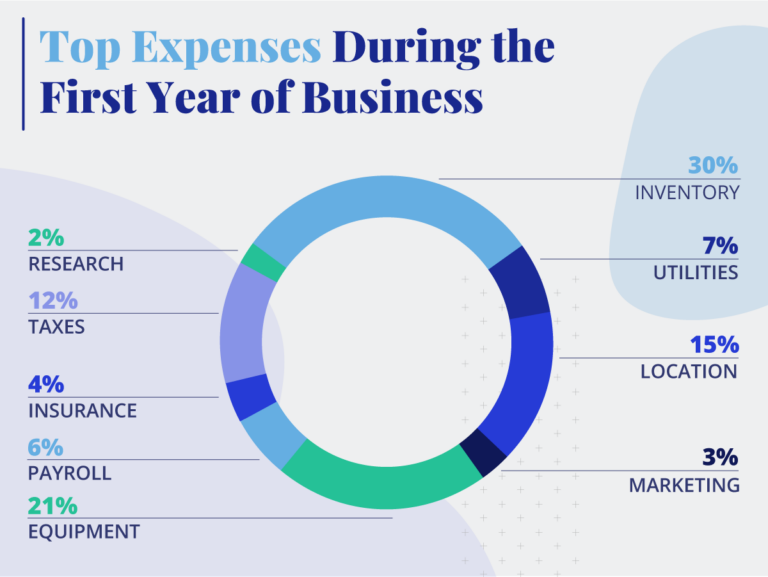
The entrepreneurial dream, the allure of self-determination, and the promise of financial independence – these are powerful motivators. But lurking beneath the surface of every brilliant business idea is a fundamental question: how much will it cost to make it a reality? The answer, unfortunately, is rarely simple, and the financial hurdle can be a daunting one for aspiring business owners.
This article delves into the multifaceted costs associated with launching a business, examining the key factors that influence initial investment and offering insights into managing expenses effectively. We will explore data from reputable organizations like the Small Business Administration (SBA) and industry reports to provide a realistic picture of the financial landscape facing new ventures. Understanding these costs is crucial for creating a solid financial foundation and increasing the likelihood of success in the competitive business world.
Decoding the Startup Cost Equation
Startup costs vary wildly depending on the type of business, its scale, and its location. A simple online dropshipping store could be launched for a few hundred dollars, while a manufacturing facility could require millions.
The following are some of the most common expense categories:
Business Registration and Legal Fees
Officially registering your business is a critical first step. This involves fees for filing with state and local authorities, which can range from a few dollars to several hundred, depending on the business structure (sole proprietorship, LLC, corporation, etc.).
Legal fees are also a significant consideration, particularly for drafting contracts, ensuring regulatory compliance, and protecting intellectual property. According to Nolo, a legal information website, hiring an attorney for initial business setup can easily cost several thousand dollars.
Office Space and Equipment
The need for physical space depends on the nature of the business. A home-based business might require minimal investment in office equipment, while a retail store or restaurant will face substantial costs for rent, utilities, and build-out.
The SBA recommends carefully evaluating space requirements and considering options like co-working spaces or shared office arrangements to minimize overhead. Equipment costs can also be substantial, including computers, furniture, and specialized machinery.
Inventory and Supplies
For businesses selling physical products, inventory represents a significant upfront investment. The amount required will depend on the product line, storage capacity, and anticipated sales volume.
Supplies, including packaging materials, office supplies, and cleaning products, also add to the overall cost. Effective inventory management and strategic sourcing are essential for minimizing these expenses.
Marketing and Advertising
Reaching potential customers is vital for any new business. Marketing and advertising costs can include website development, social media marketing, search engine optimization (SEO), print advertising, and public relations.
A well-defined marketing strategy is crucial for maximizing the return on investment. According to a report by Deloitte, companies that prioritize marketing analytics are more likely to achieve superior financial performance.
Salaries and Wages
If you plan to hire employees, salaries and wages will be a significant ongoing expense. The cost will depend on the number of employees, their skill levels, and prevailing wage rates in your area.
Consider the costs of employee benefits, such as health insurance, retirement plans, and paid time off, which can add significantly to the overall payroll burden. Many small businesses utilize payroll services to handle tax withholdings and compliance requirements.
Funding Your Startup: Avenues and Considerations
Securing funding is often the biggest challenge for aspiring entrepreneurs. Common funding sources include personal savings, loans from family and friends, small business loans from banks, and venture capital.
The SBA offers loan programs designed to support small businesses, but these typically require a strong business plan and good credit.
"Angel investors and venture capitalists are more likely to invest in businesses with high growth potential and a clear exit strategy,"notes David Rose, a prominent angel investor.
Crowdfunding platforms like Kickstarter and Indiegogo can also be a viable option for raising capital, particularly for innovative products or services. However, successful crowdfunding campaigns require significant effort in terms of marketing and community engagement.
The Path Forward: Minimizing Costs and Maximizing Potential
Starting a business is undeniably expensive, but careful planning and strategic decision-making can help minimize costs and increase the chances of success. Develop a detailed business plan that outlines your revenue projections and expense forecasts.
Explore cost-effective alternatives for office space, marketing, and other key expenses. Embrace technology to automate tasks and improve efficiency. Continuously monitor your financial performance and make adjustments as needed.
The entrepreneurial journey is fraught with challenges, but with a clear understanding of the costs involved and a commitment to smart financial management, you can significantly increase your odds of building a successful and sustainable business.
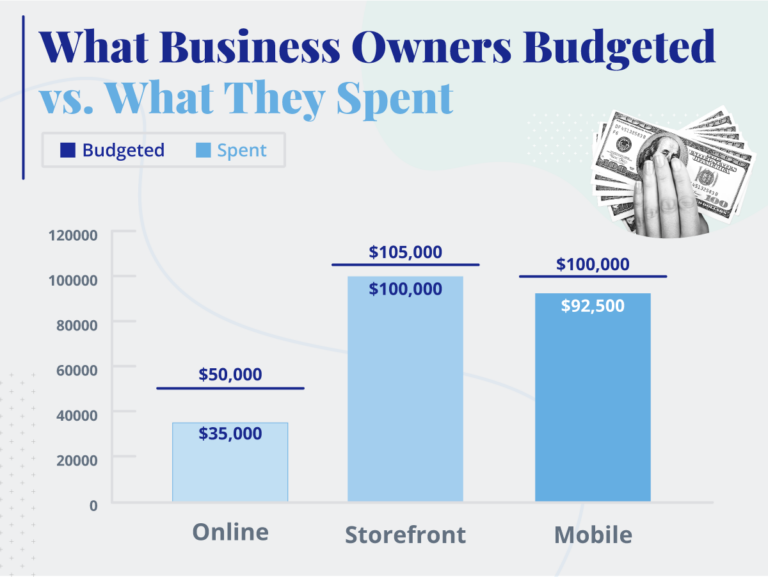
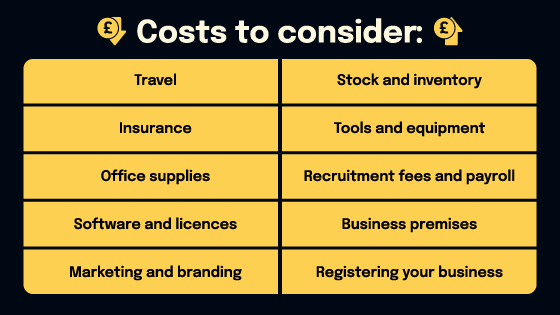
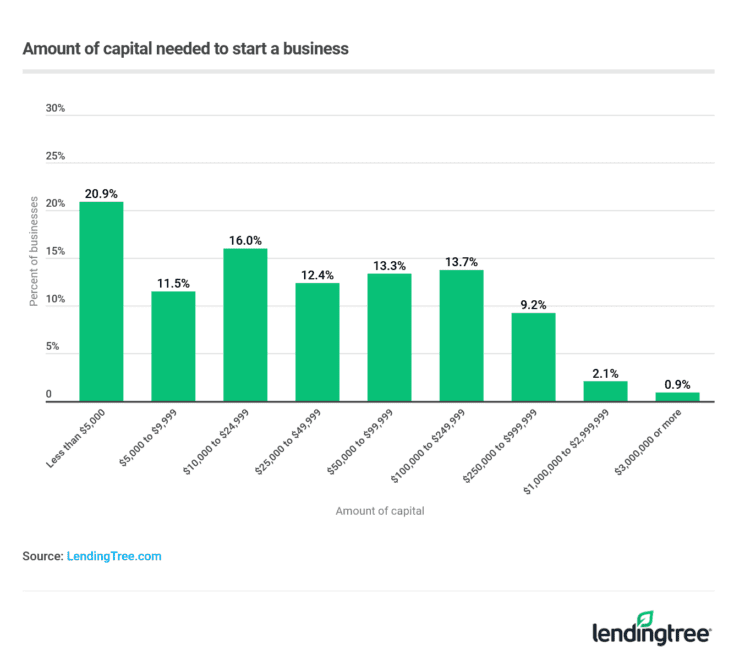

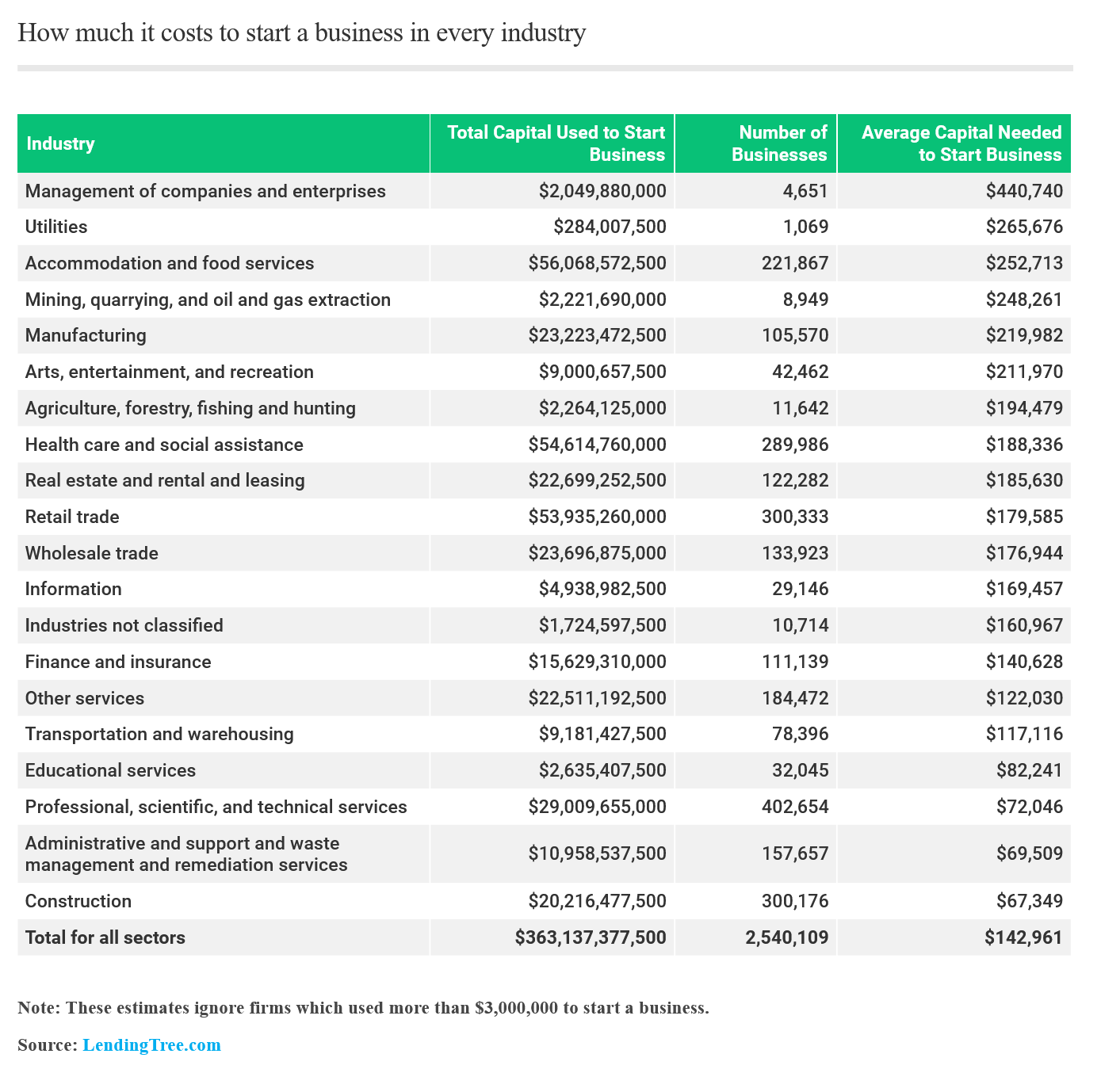




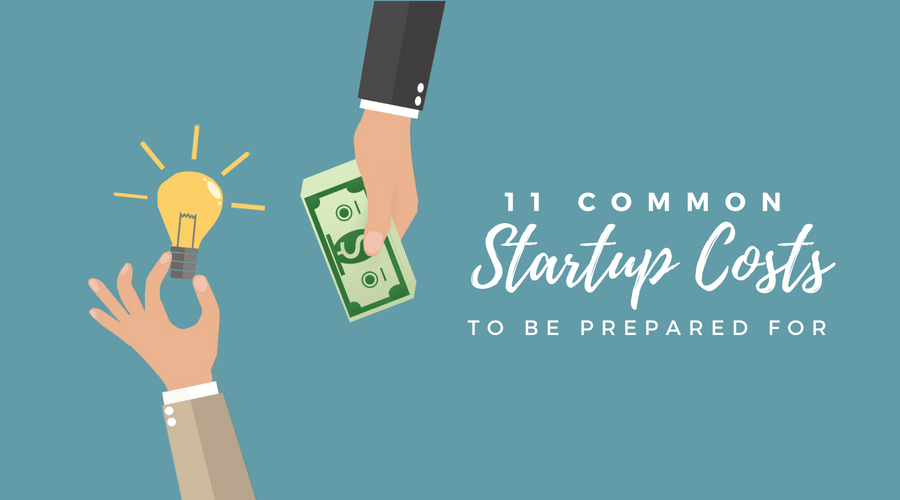
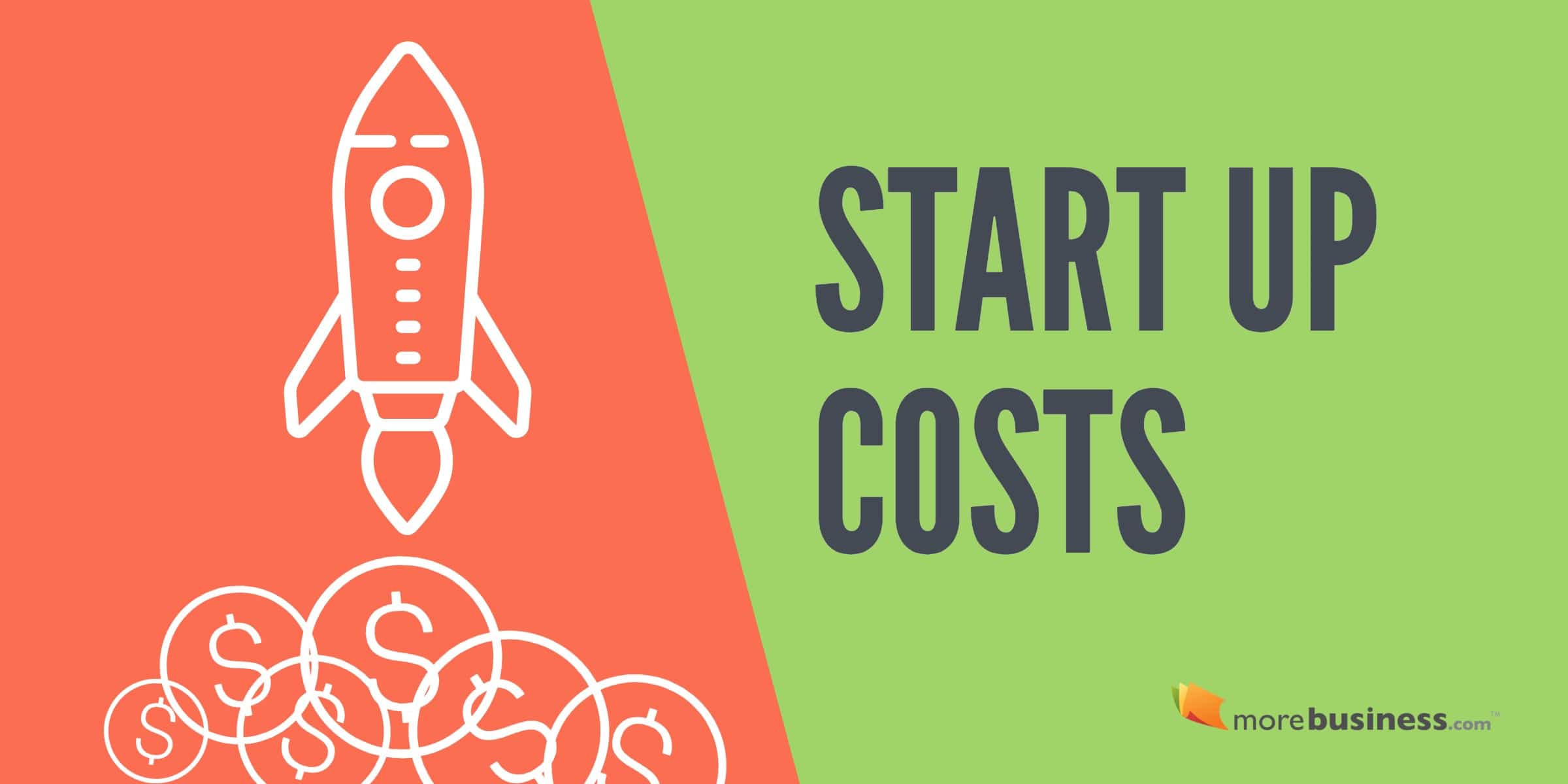
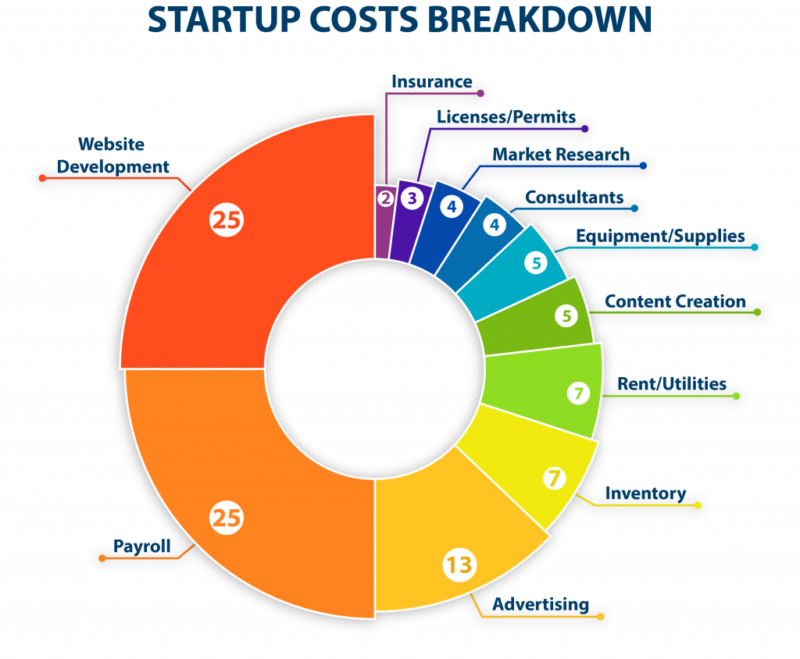
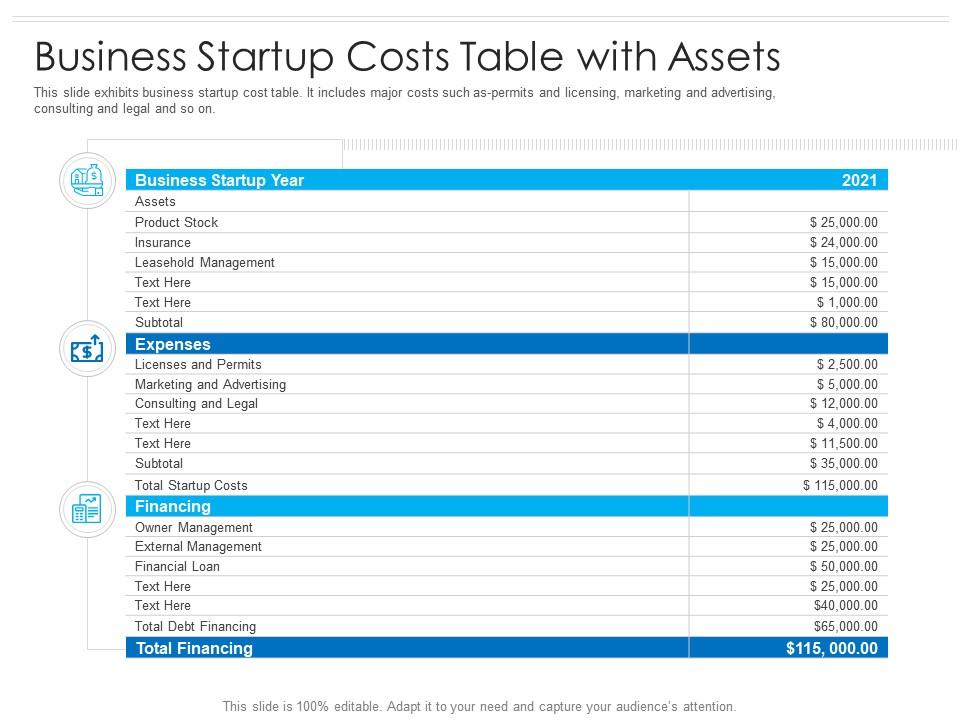
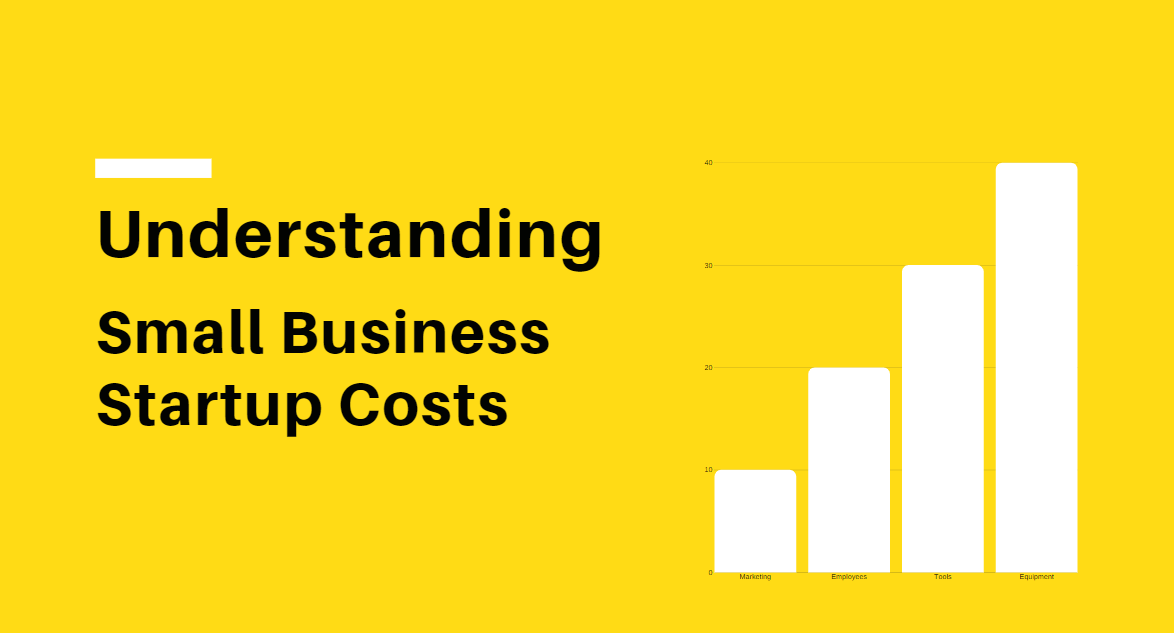


![How Much Does It Cost To Start A Business [Infographic] Small Business Startup Costs – Canada Small Business](https://www.canadastartups.org/wp-content/uploads/2017/07/startupbuddy.com_.png)

